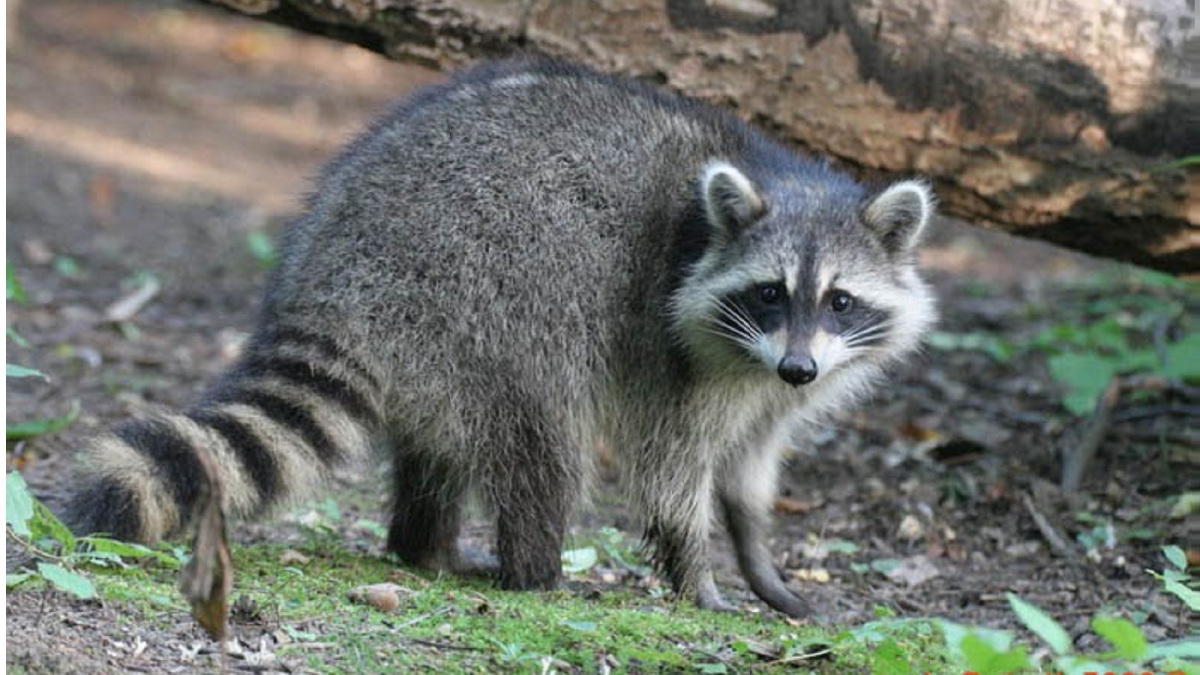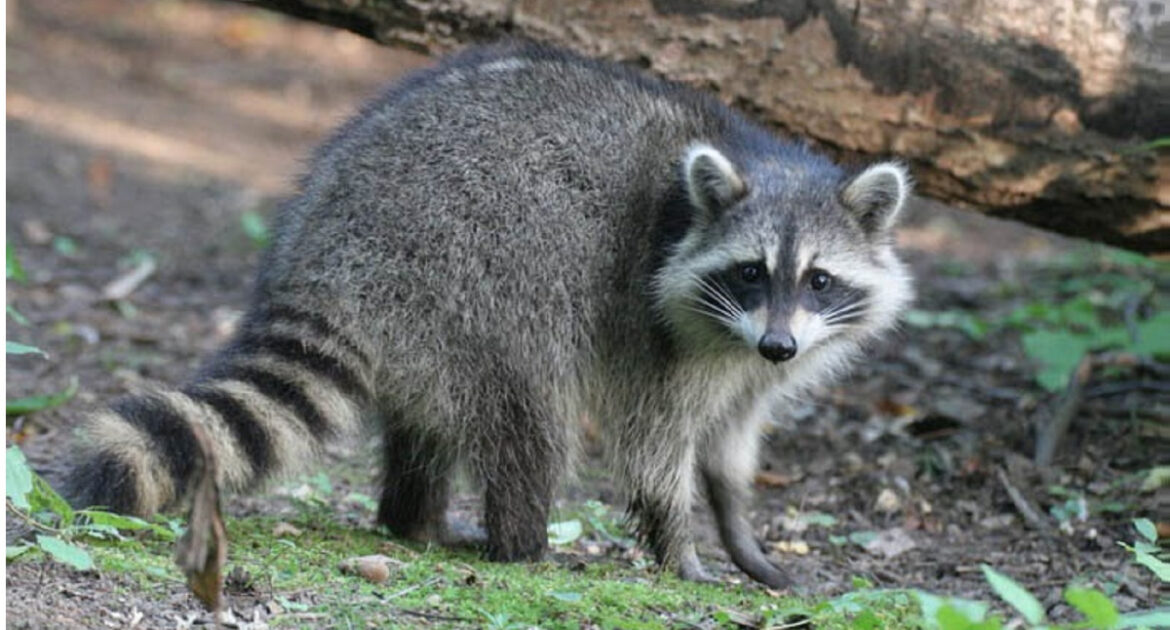With nimble paws and strong forelimbs, raccoons are good at digging. However, they do not use this ability to dig burrows underground. They do make dens in which they take shelter, usually only for a few days at a time but longer if a female is raising offspring. Raccoons typically maintain several den sites within their territory at one time, which is good news for raccoon removal because it means that once the raccoon is out of your home, it has somewhere else it can go right away.
Where Do Raccoons Make Dens?
In addition to being good at digging, raccoons are also good climbers. They are likely to make dens up in tree branches, especially if they find a hollow area in the trunk. Making dens in trees helps to protect raccoons from predators and keep a lookout for both danger and food. This instinct to make dens elevated high off the ground may draw them to attics, chimneys, and soffits of human habitations. When raccoons are found in homes, it is often in one of these places.
That is not to say that raccoons never make dens near the ground, but when they do, they are more likely to make use of existing spaces. For example, they may build a den inside a fallen log that has partially decomposed to create a hollow inside. If raccoons do burrow underground, they typically make use of an abandoned burrow previously dug by another creature rather than digging their own. Skunks, opossums, and rabbits all dig burrows that raccoons may repurpose for their own dens. Additionally, raccoons may make dens in spaces under porches, decks, and sheds on your property.
Why Do Raccoons Dig Holes?
Raccoons dig holes to find food rather than build burrows. Raccoons can eat a wide range of food, both plant and animal, and may dig holes to find grubs (insect larvae) or seeds. Raccoons eat some of the same types of food as skunks do. Skunks are burrowing animals that also dig holes to find food. It might be difficult to tell whether the holes in your yard were made by raccoons or skunks. It may not matter much because either animal on your property requires wildlife control in Surrey to remove, but if the hole appears to be more cone-shaped, it is more likely to be raccoons.
Raccoons can also dig to get from one place to another. For example, they can dig holes under fences to get from one yard to another in search of food or a new den. They may also dig in an abandoned burrow to make it suitable for a new raccoon den.
How Can Skedaddle Protect Your Home With Humane Raccoon Removal?
Raccoons don’t bite very often, preferring to run away from potential danger whenever possible. However, if they do bite, they are frequent carriers of rabies. They can also spread diseases and parasites indirectly through their feces. They can do severe damage to the exterior of buildings when looking for a new den.
It’s rarely lone raccoons that make dens in human homes but mothers with babies. Mother raccoons are fiercely protective of their babies, which is another reason why professional raccoon removal is so important. Once we locate the raccoons, we remove them and take them outside. We place the babies in a special heated box so that the mother can find them and take them to another den.
Our process involves repairing any damage that the raccoons have done to your home and sealing entry points so that they can’t get back inside. We clean and decontaminate where the raccoons have been so that any pathogens or parasites they’ve left behind pose no threat to your household.
Raccoon removal is only one service that we provide. Find out more about all the services we offer in your area.




